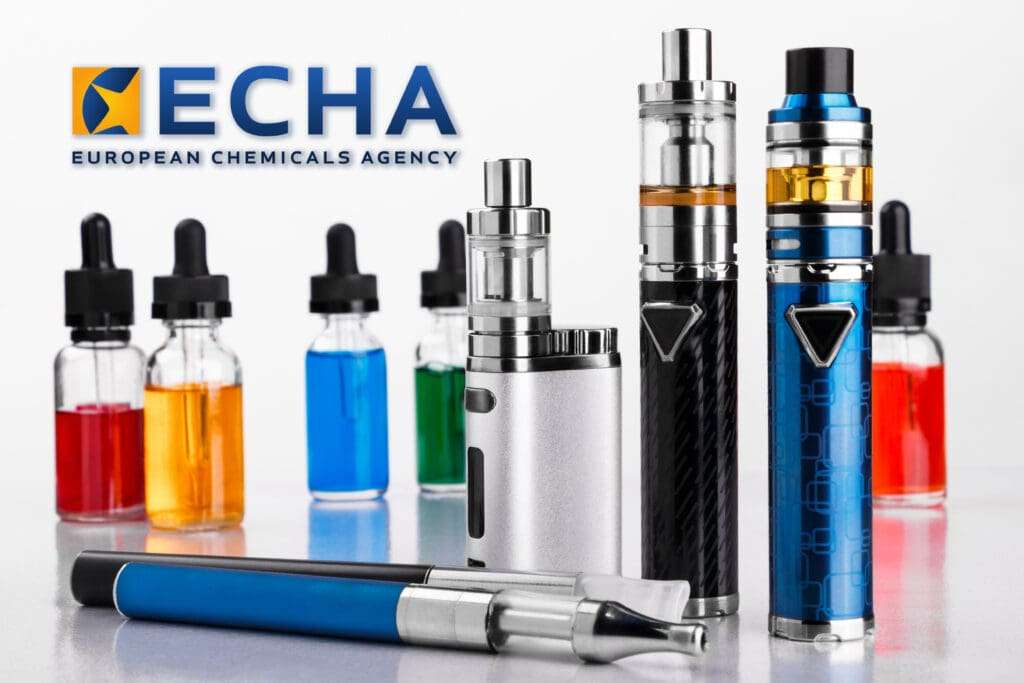The European Chemicals Agency (ECHA) has launched a pivotal project aimed at enforcing hazardous materials regulations across various consumer products. This initiative has left many suppliers feeling the heat as the EU prepares for an extensive audit focused on hazardous mixtures governed by the Classification, Labeling and Packaging (CLP) and Registration, Evaluation, Authorization and Restriction of Chemicals (REACH) regulations. The goal is to ensure that products—from air fresheners to electronic cigarettes—comply with stringent safety standards, protecting consumers and particularly children from chemical hazards.
A Comprehensive Initiative for Consumer Protection
The REF-14 project, led by ECHA’s Enforcement Forum, focuses on the correct classification and labeling of hazardous mixtures in everyday consumer goods. This is particularly critical given that certain items, like nicotine products and specific air fresheners, can contain substances that are toxic, sensitizing, or irritating. Alarmingly, some suppliers have neglected proper hazard classification and labeling, endangering users.
Inspectors will scrutinize whether suppliers comply with CLP regulations, ensuring that products are:
- Properly classified and labeled
- Appropriately packaged
- Equipped with child-resistant fastenings
- Accompanied by accurate Safety Data Sheets (SDSs) and notifications to poison centers
This thorough inspection process is set for 2026, following a preparatory phase in 2025.
Enhancing Safety Through HazCom Standards
This initiative is a vital enforcement measure aimed at upholding consumer safety. Suppliers who fail to comply will face increased scrutiny and potential penalties. The emphasis will be on clear identification of hazardous mixtures, ensuring that consumers are well-informed about the risks and safe usage of these products.
Promoting Fair Competition in the Market
In conjunction with the REF-14 project, the Enforcement Forum has also initiated a pilot project focusing on representatives who register imported substances, including those in mixtures. This aims to combat fraudulent practices and promote a fair competitive landscape among companies. Inspectors will verify the tonnage of substances registered, preventing under-reporting that could jeopardize safety data and risk management.
Increasing Transparency and Awareness
To enhance transparency, the Forum plans to publicly broadcast stakeholder workshops, showcasing the results and recommendations of enforcement projects. This initiative will raise awareness about compliance issues and highlight the importance of adhering to hazardous materials regulations among all stakeholders.
Historical Compliance for Hazardous Materials
The Enforcement Forum has previously conducted multiple enforcement projects. One of the last CLP and REACH reviews, REF-6, revealed that of the 3,134 Safety Data Sheets checked, 33% contained errors or deficiencies. The most common issues were found in:
| SDS Section | # of SDSs with non-compliances |
| Section 2.1 (hazard classification) | 426 |
| Section 2.2 (label elements) | 494 |
| Section 3.2 (composition/information on ingredients) | 467 |
| Section 9 (physical and chemical properties) | 371 |
| Section 11 (toxicological information) | 319 |
| Section 12 (ecological information) | 204 |
| Section 16 (other information) | 399 |
- Non-compliance rate: 33 %
Securing Health and Environmental Safety
The Enforcement Forum, along with its biocides subgroup, continues to coordinate the enforcement of several key regulations, including REACH, CLP, PIC, POPs, and the Biocidal Product regulations. Their efforts are crucial in protecting health and the environment while ensuring a level playing field for companies within the EU market.
Navigating Regulatory Changes with TotalSDS
For suppliers, navigating these updates and ensuring compliance can be challenging. TotalSDS specializes in authoring and managing Safety Data Sheets (SDSs) for the EU market, ensuring compliance with all regulatory requirements. Our expert guidance helps you stay ahead of the compliance curve, avoiding penalties and enhancing consumer safety. Our comprehensive services include:
- Accurate hazard classification
- Precise labeling
- Thorough documentation tailored to the latest regulations
As this ambitious ECHA project unfolds, suppliers should prepare for rigorous checks and increased scrutiny. For consumers, this initiative signifies enhanced safety and greater transparency regarding the products they use daily. ECHA’s proactive approach is a significant stride toward safeguarding public health and maintaining trust in consumer goods. With TotalSDS as your partner, navigating these changes becomes smoother, allowing you to focus on delivering quality products to the market. Contact us today to learn more about our SDS software, professional services and products.
 EU-Wide Audit on Hazardous Mixtures in Products" />
EU-Wide Audit on Hazardous Mixtures in Products" />

